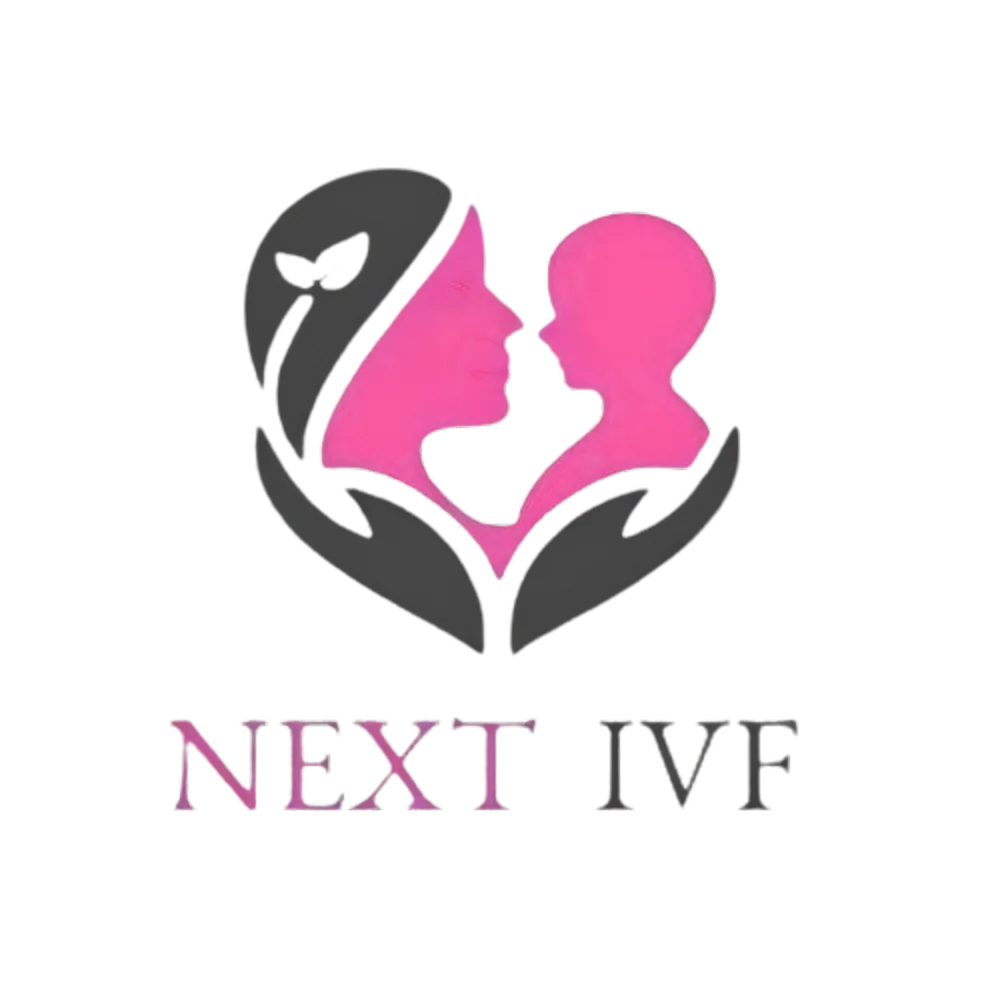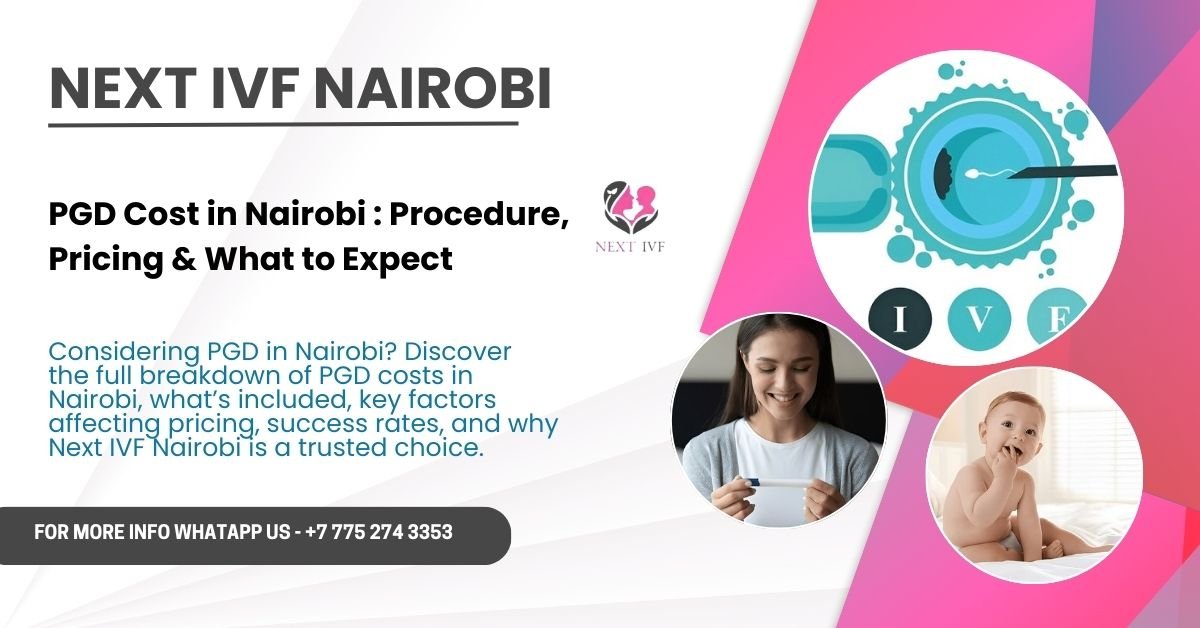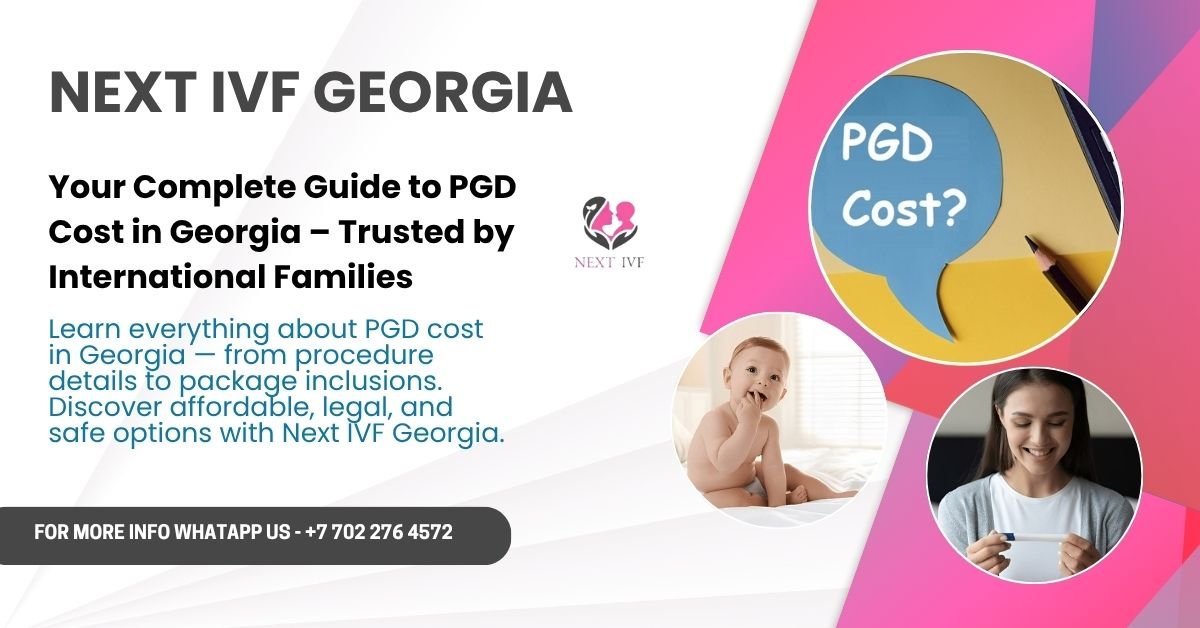PGD Cost in Nairobi
In today’s medical world, many couples are looking not just to conceive a child, but also to ensure that their future baby is healthy and free from inherited disorders. This is where Preimplantation Genetic Diagnosis (PGD) comes in. PGD is a highly advanced technique used alongside IVF to screen embryos for genetic abnormalities before implantation. It offers immense hope for couples at risk of passing on genetic conditions, or those who have faced repeated IVF failures or miscarriages.
Nairobi, Kenya’s capital and a rapidly growing healthcare hub, has become one of the top choices for fertility treatments in East Africa. With modern fertility clinics, skilled embryologists, and affordable services, it’s no surprise that couples from Kenya and neighboring countries are turning to Nairobi for advanced reproductive options like PGD.
But how much does it actually cost? What’s included in that cost? Is it worth it? This article will walk you through everything you need to know about PGD Cost in Nairobi, how it works, what factors affect pricing, and where you can find quality care. Whether you are a local couple or an international patient considering Nairobi for your treatment, this guide will help you make an informed and confident decision.
What is PGD, and why is it needed?
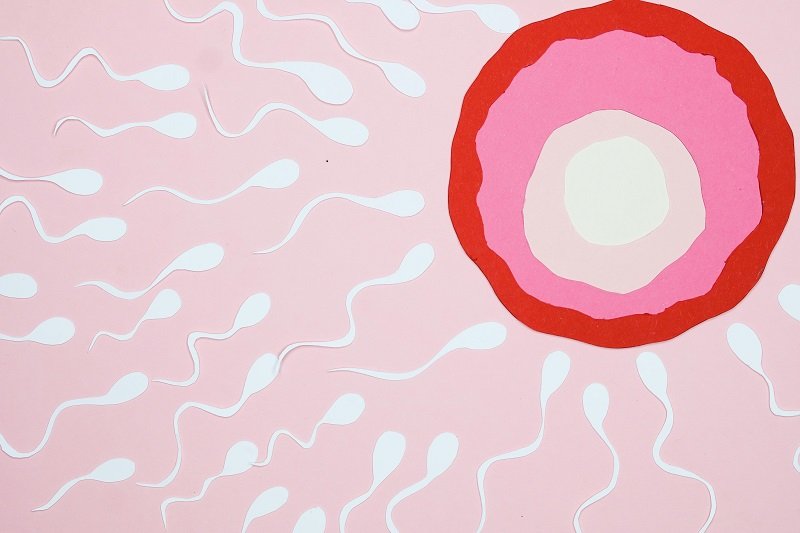
Preimplantation Genetic Diagnosis (PGD) is a technique used during IVF to screen embryos for genetic or chromosomal abnormalities before they are implanted into the uterus. The aim is to ensure that only healthy embryos are selected for transfer, reducing the risk of inherited conditions and improving pregnancy outcomes.
PGD is particularly beneficial for:
- Couples with a known family history of genetic disorders (e.g., thalassemia, cystic fibrosis, sickle cell anemia)
- Women over 35, who are at higher risk for chromosomal abnormalities
- Couples with repeated IVF failures or recurrent miscarriages
- Gender selection for medical reasons (e.g., X-linked disorders)
The PGD process starts with IVF, where eggs are retrieved from the woman and fertilized with sperm in a laboratory. When the embryos reach day 3 or 5 of development, a few cells are carefully removed and tested. These tests look at the chromosomes and genes to identify any abnormalities. Only healthy embryos are transferred to the uterus.
This ensures that couples not only increase their chances of successful implantation but also reduce the emotional and financial burden of miscarriage or a child born with a genetic disorder. Understanding the PGD Cost in Nairobi becomes essential when planning both medically and financially for such a procedure.
How Does PGD Work?
PGD is integrated within the IVF process. Here’s a step-by-step breakdown of how it typically works:
- Ovarian Stimulation and Egg Retrieval: The woman undergoes hormone treatments to stimulate her ovaries and produce multiple eggs. These eggs are then retrieved using a minor surgical procedure.
- Fertilization: The eggs are fertilized with sperm in the lab to create embryos.
- Embryo Culture: Embryos are allowed to grow in a controlled environment for five to six days until they reach the blastocyst stage.
- Biopsy: A few cells are carefully removed from each embryo for testing. This is a delicate procedure and does not harm the embryo.
- Genetic Analysis: The extracted cells are analysed using techniques like Next Generation Sequencing (NGS) or Polymerase Chain Reaction (PCR) to check for genetic mutations or chromosomal abnormalities.
- Embryo Selection: Only embryos that are found to be genetically normal are selected for transfer. Others can be frozen for future use or discarded as per the couple’s decision.
- Embryo Transfer: One or more healthy embryos are transferred to the woman’s uterus, followed by monitoring and pregnancy testing.
The entire PGD process is highly technical and requires skilled embryologists and modern laboratory equipment. Despite its complexity, the PGD cost in Nairobi remains relatively affordable, especially considering the high success rates and modern techniques used in local clinics.
Step-by-Step PGD Procedure in Nairobi (with Cost Estimates)
Going through PGD can feel overwhelming at first, but understanding the steps and what to expect cost-wise can make your journey smoother. Here’s a simplified and patient-friendly guide to how PGD works, along with an estimated cost at each stage.
- Initial Consultation & Tests
Your journey begins with a consultation with a fertility specialist. The doctor reviews your medical history and recommends diagnostic tests for both partners. If a known genetic disorder exists or if you’ve had repeated miscarriages, PGD is suggested. - Ovarian Stimulation
The woman receives hormone injections for 10–12 days to stimulate the ovaries to produce multiple eggs. This phase includes regular ultrasounds and blood tests to track follicle development. - Egg Retrieval
Once the follicles are mature, eggs are collected through a short procedure performed under mild sedation. It’s a safe, painless process done at the clinic. - Fertilization (IVF or ICSI)
The retrieved eggs are fertilized with sperm in a lab. Most clinics use ICSI (Intracytoplasmic Sperm Injection), especially if there are male infertility factors. - Embryo Biopsy
On the 3rd or 5th day of embryo development, specialists remove a few cells from each embryo. This biopsy is safe and doesn’t harm the embryo. These cells are sent for genetic testing. - Genetic Testing (PGD/PGS)
The lab examines the biopsied cells for specific genetic or chromosomal abnormalities. Only healthy embryos are selected. - Embryo Transfer
One or two healthy embryos are selected and gently transferred into the uterus. This is a quick and simple procedure with no anesthesia needed - Pregnancy Test & Follow-up
Around 10–14 days after transfer, a blood test confirms pregnancy. If successful, early pregnancy monitoring begins.
PGD Cost in Nairobi: How Much Does It Cost?
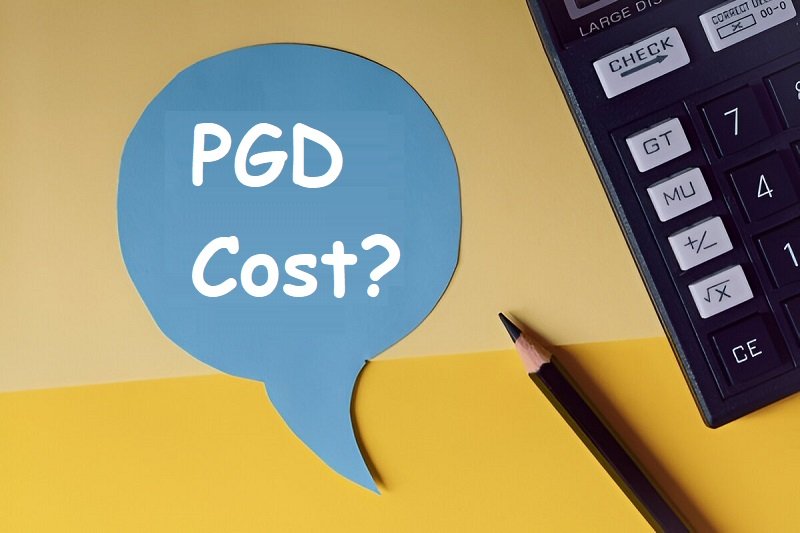
The PGD Cost in Nairobi varies depending on the clinic, technology used, and additional services needed. On average, the total cost for IVF with PGD in Nairobi ranges from KES 600,000 to KES 900,000 (approx. $4,500–$6,500 USD) per cycle.
Here’s a general breakdown of what the cost may include:
| Treatment Component | Estimated Cost (KES) |
| IVF Procedure (Basic) | 350,000 – 500,000 |
| PGD Testing (Per Cycle) | 200,000 – 300,000 |
| Fertility Medications | 80,000 – 150,000 |
| Embryo Freezing (if needed) | 30,000 – 50,000 |
| Frozen Embryo Transfer | 100,000 – 150,000 |
Factors That Affect PGD Cost in Nairobi
Understanding what influences the PGD Cost in Nairobi can help you prepare both financially and emotionally for the treatment journey. Here are the major cost-determining factors:
- Type of Genetic Testing Required
The complexity of the genetic condition being screened for plays a significant role. Some conditions require single-gene testing (e.g., sickle cell), while others involve broader chromosomal screening. The more complex the test, the higher the cost. - Number of Embryos Tested
Clinics usually charge based on the number of embryos biopsied and analyzed. More embryos = higher testing fees. - Use of Donor Eggs or Sperm
If you require donor gametes, this will add to your overall cost. Egg donors, in particular, may require compensation and medication support. - Clinic’s Reputation and Equipment
Clinics with advanced labs, modern genetic testing equipment, and experienced embryologists might charge more. However, these centers often offer better accuracy and higher success rates. - Number of IVF Cycles Required
Not all patients conceive in the first cycle. If more cycles are needed, the cost will naturally increase. Some clinics offer package deals to help reduce the burden. - Medications and Monitoring
Fertility drugs used for ovarian stimulation are usually billed separately. Depending on your age and ovarian reserve, you may need more or fewer medications.
Each couple’s situation is unique, so always ask for a full, itemized cost estimate based on your specific fertility and genetic background.
Why Choose Nairobi for PGD Treatment?
Nairobi is fast emerging as a preferred destination for PGD and IVF treatments in Africa. Here’s why:
- Affordable Cost Without Compromising Quality
Compared to Western countries, PGD Cost in Nairobi is far more affordable, yet the quality of care is still top-tier. - Modern Clinics & Laboratories
Many fertility centers in Nairobi are equipped with the latest IVF and genetic testing technologies, including ICSI, embryo freezing, PGD, and PGS. - Experienced Fertility Experts
Most fertility doctors in Nairobi are internationally trained and stay updated with the latest global protocols. Their experience ensures high precision in both IVF and PGD procedures.
- Friendly Visa & Travel Support
Nairobi is well-connected by air and offers visa-free or easy visa access to many African and international patients. Some clinics even offer travel packages, hotel stays, and translation services for a smooth experience. - Personalized Patient Care
Clinics here focus on offering personalized care, spending more time with each patient, and tailoring treatments to individual needs. Emotional counseling is also often included. - High Success Rates
Clinics in Nairobi report success rates comparable to international standards, especially for patients under 35 or using donor eggs.
Whether you live in Kenya or are traveling from Uganda, Rwanda, Tanzania, or even overseas, Nairobi provides world-class fertility care with a personal touch.
Success Rate of PGD in Nairobi

The success rate of PGD largely depends on the woman’s age, embryo quality, and the lab’s experience. In Nairobi, good fertility clinics using PGD report pregnancy success rates of 60% to 75% per embryo transfer, which is on par with global standards.
Why trust Next IVF Nairobi?
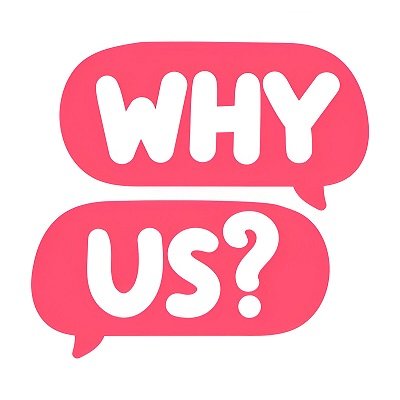
Struggling with infertility can be emotionally and physically challenging, but you don’t have to face it alone. At Next IVF Nairobi, we combine advanced science with genuine care and compassion to help you realize your dream of becoming a mom and dad.
Our centre is dedicated to supporting every couple with personalized fertility solutions tailored to your unique needs. We understand how deeply you desire to start or expand your family, and that’s why our expert team, including IVF specialists, gynecologists, embryologists, and supportive staff, stands by your side every step of the way.
Why choose Next IVF Nairobi as your trusted fertility partner?
- Comprehensive treatments: From IVF, IUI, and frozen embryo transfer to ovum and semen donation, laparoscopy, ICSI, PGD, and male infertility care, we offer the full spectrum of cutting-edge fertility services.
- High success rates: Our proven protocols and experienced specialists maximise your chances of success.
- Affordable care: Quality fertility treatment should be accessible to all. We provide world-class solutions at pocket-friendly prices without compromising on care or outcomes.
Don’t wait any longer to begin your journey toward parenthood. Contact Next IVF Nairobi today at +91 7827636596 or email us at info@nextivf.com. Together, we’ll make your dream of having a family a beautiful reality.
Conclusion
Preimplantation Genetic Diagnosis (PGD) offers a powerful advantage for couples who want to avoid passing on genetic disorders and ensure a healthy pregnancy. With affordable pricing, advanced technology, and compassionate care, Nairobi has become a leading destination for this treatment.
The PGD Cost in Nairobi remains significantly lower than in many other countries, yet you get access to top-quality IVF centers, experienced professionals, and reliable testing procedures. By understanding the costs involved and the factors that influence them, you can better plan your journey to parenthood.
Choosing the right clinic and being fully informed about the process can make all the difference. Nairobi’s fertility centers are ready to help you take the next step, confidently and safely. Whether you are just starting to explore your options or are ready to begin treatment, PGD in Nairobi is a wise and hopeful choice.
FAQs (Frequently Asked Questions)
1. What is the average cost of PGD in Nairobi?
The cost ranges from KES 400,000 to KES 600,000 per cycle (approx. $3,000 to $4,500 USD), depending on the clinic and number of embryos tested.
2. Is the PGD cost separate from the IVF cost?
Yes, PGD is an add-on. IVF usually costs KES 350,000 to KES 500,000 and is billed separately.
3. What does the PGD cost include?
It includes embryo biopsy, genetic testing, lab work, and sometimes embryo freezing or transfer (may be extra).
4. Is PGD available for gender selection in Nairobi?
Some clinics may offer it, but it’s regulated. Always confirm with the clinic.
5. Are financing options available for PGD?
Yes, some clinics offer payment plans or installment options.
6. Is PGD in Nairobi safe and reliable?
Yes, top clinics use modern technology and experienced staff, making it safe and effective.
Read Also:
